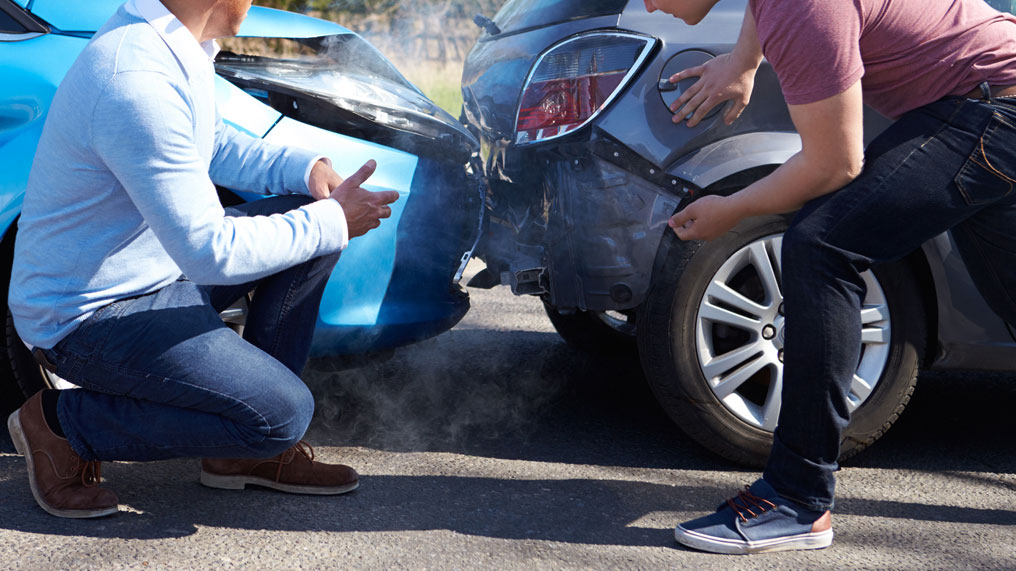Drivers have been complaining about being unable to achieve their car’s claimed fuel economy for as long as they’ve been filling up their cars.
Along with grumbling about potholes and traffic jams, fuel economy is a serious bugbear because it hits people where it hurts most – in the wallet.
However, the vast majority of drivers could improve their car’s fuel economy by following some simple advice.
In July 2015, Honda engineer Fergal McGrath clinched a Guinness World Record for averaging 100.31mpg when driving across 24 EU countries in 25 days. His car, a completely standard Honda Civic Tourer 1.6 i-DTEC, was only meant to be capable of 74.3mpg.
Here, Fergal gives us his six best fuel saving tips.

1. Plan your route and leave plenty of time
“If we forget about the effect of the driver for a moment, the route and time of day of a journey will have the biggest impact on a car’s fuel economy. Planning the route was the most important part of our Guinness World Record attempt. Myself and Julian Warren [Fergal’s colleague and co-driver] spent six months working it out, and I suppose if you distil that down to a typical daily drive, everyone should spend a few minutes planning their route.
“Main roads with good quality road surfaces, driven before or after rush hour, are your best bet for excellent fuel economy. Also, avoid hills where possible.
“If you’re not rushing about, you’re unlikely to use as much fuel so leave plenty of time.”
2. Prepare your car
“Skimping on servicing or choosing the cheapest possible oil that’s not recommended by the vehicle manufacturer is a false economy. Your car has been designed to exacting standards and operates within fine tolerances. Cut corners and it won’t work as well.
“Follow the maker’s servicing schedule, check the condition of tyres and their air pressure, and consider fitting ‘eco-tyres’ next time you need replacements. Have the tracking of your wheels checked and keep tyres at the correct air pressure, too. Michelin says a tyre underinflated by 20 per cent will have a 20 per cent shorter life on the road – the equivalent of losing 5,000 miles from a potential operating range of 25,000 miles.
“If practically possible, remove all the clobber from your boot, such as pushchairs, and take down a roof rack/box when not in use.”
3. Turn the air-conditioning off
“We’re often asked whether it’s more efficient to open windows or keep them closed and use a car’s air-conditioning. Based on our experience, switch off the air-conditioning if you’re really serious about saving fuel. We drove nearly 8,400 miles around the EU, and from Germany southwards the temperature climbed to about 40 degrees C. We kept the windows open, rather than using the air-conditioning, as it had less impact on the fuel economy.”
Look ahead, read the road and anticipate as much as possible; the aim is to maintain momentum
4. Drive smoothly and stick to the speed limit
“Anyone can drive economically. The secret is to be smooth and maintain steady progress. Don’t go haring away from traffic lights and stick to all speed limits. You should tread smoothly on the throttle pedal and, as a rule of thumb, don't push it more than halfway to the floor, with the aim of building speed smoothly and steadily.”
“We found that the optimal speed for outstanding fuel efficiency was somewhere between 50 and 55mph. We weren’t driving like snails, mind you. For our entire Guinness World Record attempt - 8,387 miles – we averaged 44mph.
“When you concentrate and put your mind to it, you get a real feel for what a car is capable of. We found the engine had so much torque, which makes an engine really flexible, that we could change up to the next gear before the car’s gear change efficiency indicator told us to.”
5. Open your eyes
“As with all aspects of driving, paying attention, spotting potential hazards and anticipating other drivers’ intentions will make you safer and more efficient at the wheel. So, look ahead, read the road and anticipate as much as possible; the aim is to maintain momentum. During the world record, the passenger would act like a spotter, much like police are trained to do during pursuits. It would allow us to adjust accordingly on a roundabout or at traffic lights and try to keep those wheels turning rather than stopping and starting.”
6. Should you dip the clutch when coasting?
“Dipping the clutch when a car is coasting, or selecting neutral, is a mistake and could be dangerous. Modern engines have sophisticated computers that know, for example, when a car is going downhill. So, you simply lift off the throttle and leave it in a high gear, and the computer cuts fuel to the engine. You can make great savings by doing this. We climbed for a total of more than 30,000 metres during our record run and saved a lot of fuel going back down the other side!”




